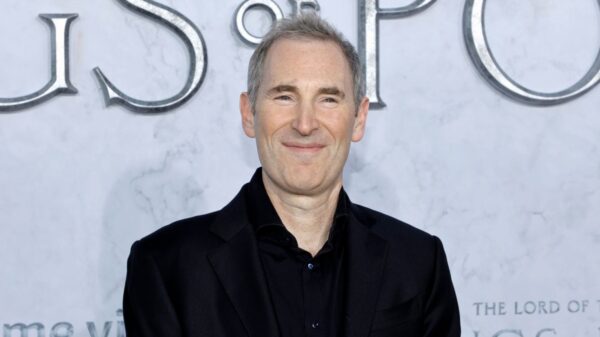President Donald Trump delivered a contentious address at the United Nations General Assembly on September 26, 2023, criticizing the organization for failing to meet its potential and emphasizing his administration’s “America First” philosophy. In his remarks, he cautioned European nations against continuing what he described as misguided migration and energy policies that could lead to their ruin.
Trump’s speech was part of a broader effort to showcase his foreign policy achievements during his second term. His comments came just months after he had reduced U.S. support for the United Nations, raising concerns among member states about the future of American engagement with international institutions. Following his address, Trump met with UN Secretary-General António Guterres, reassuring him of U.S. support, stating the country is behind the UN “100%.”
Support for Ukraine Shifts
In a notable shift in stance, Trump expressed confidence that Ukraine could reclaim territory lost to Russia, asserting that with support from NATO and the European Union, the country is in a position to “fight and WIN all of Ukraine back.” This statement contrasts sharply with his previous calls for Ukraine to consider concessions to end the ongoing conflict. Trump made these comments shortly after a meeting with Ukrainian President Volodymyr Zelenskyy at the assembly, emphasizing the importance of continued financial and military backing from Western allies.
Despite Trump’s individual viewpoint, leaders from various nations, including France and South Korea, echoed UN Secretary-General António Guterres’s call for global cooperation to tackle pressing issues such as war, poverty, and climate change. French President Emmanuel Macron warned of a deteriorating global situation, reflecting on the UN’s founding principles established in the aftermath of World War II.
Typhoon Ragasa Strikes Hong Kong and Southern China
As Trump addressed global leaders, Typhoon Ragasa was causing havoc in Hong Kong and southern China, following a path of destruction through Taiwan and the Philippines where it resulted in 14 fatalities in Taiwan and 10 in the Philippines. The storm’s severe winds and heavy rains disrupted daily life, with reports of significant damage to infrastructure and property. China’s meteorological authorities warned that Ragasa could make landfall between Wednesday afternoon and evening.
In other news, the political landscape in the United States remains tumultuous as Trump faced criticism for his cancellation of a meeting with Democratic leaders Chuck Schumer and Hakeem Jeffries amid fears of a government shutdown. Critics accused him of avoiding negotiations over vital health care funding.
Trump’s actions and statements have sparked a variety of reactions, including a heated debate among Black pastors regarding the legacy of conservative activist Charlie Kirk, who was recently killed. While some conservatives view Kirk as a martyr, many Black clergy have condemned his rhetoric as harmful and contrary to Christian values.
In international relations, Iran‘s Supreme Leader Ali Khamenei rejected any prospect of direct talks with the United States concerning Iran’s nuclear program. His comments were made as Iranian President Masoud Pezeshkian attended the UN assembly, and they signal a continuing stalemate in negotiations.
As these events unfold, the global community watches closely, highlighting the interconnected nature of international politics and the profound impacts of national policies on global stability.





































































